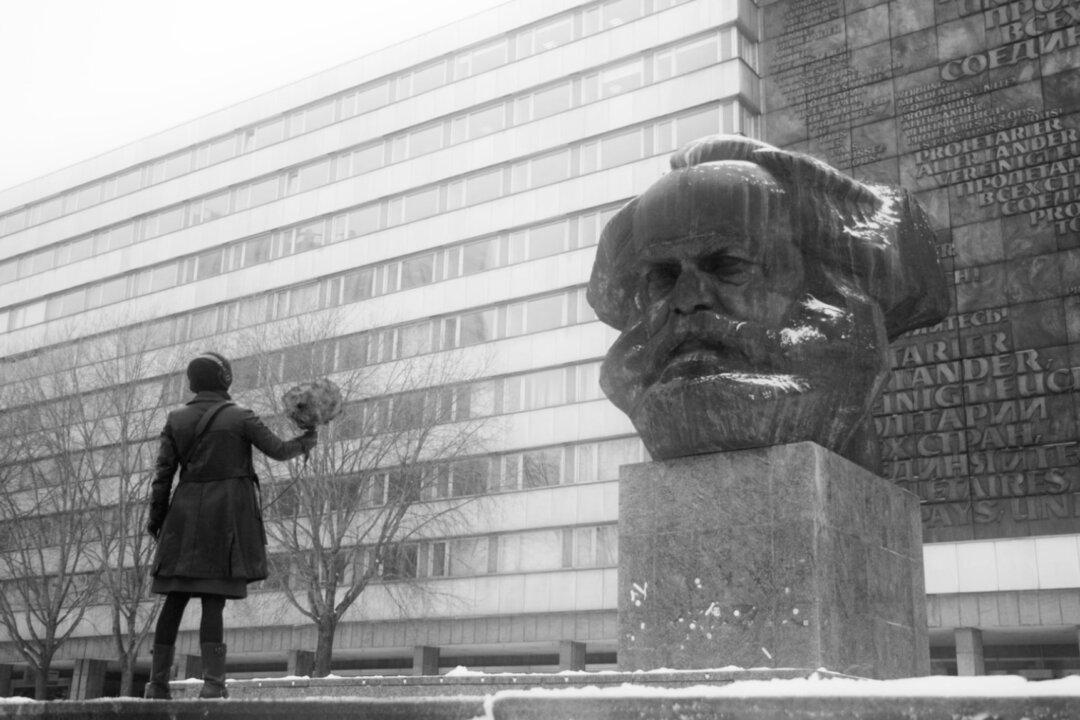Commentary
“Woke” is one of the presently accepted terms employed to celebrate the presumed superiority of the neo-Marxist “social justice warrior.”

“Woke” is one of the presently accepted terms employed to celebrate the presumed superiority of the neo-Marxist “social justice warrior.”